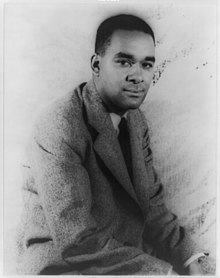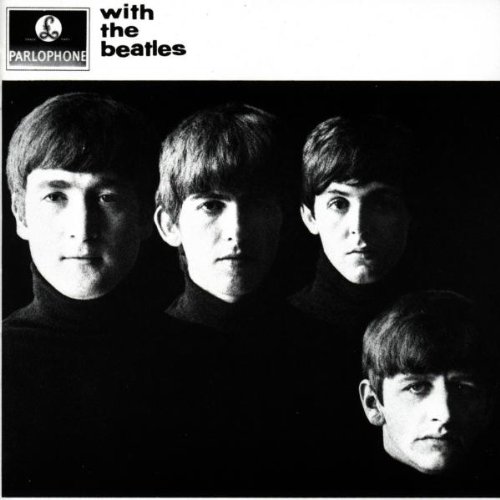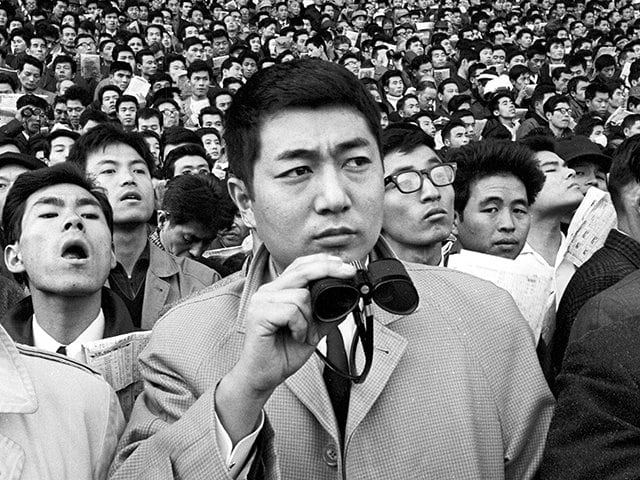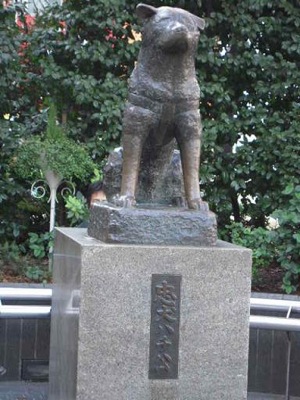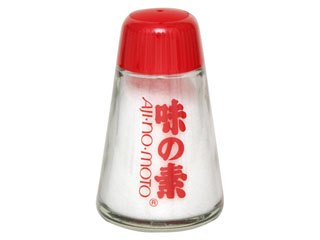One book in my life is Walt Whitman’s Leaves of Grass.
What image do you have about America? It was jazz that originally attracted me to America. The sound of American music amazed me when I heard it on the radio. I was a high school student.
I was born and raised in Tokyo. I was studying English at a local university. I’ve been interested in American literature and wanted to go to America. I couldn’t realize my dream during my university days, but two years ago when I was 41, I went to New York City for the first time. One of my destinations was the Brooklyn Bridge. Looking at cables up and the Statue of Liberty far away, I walked from Manhattan to Brooklyn.
The first edition of Leaves was published in Brooklyn. “I celebrate myself,” starts Whitman’s long poem called “Song of myself.” When I met this poem in the classroom in my 20s, I felt freedom voiced through more than 1,300 lines. And walking on the streets of New York City, I remembered the saying, “jazz and freedom go hand in hand.”
Whitman expressed himself without considering the limited form. It seems to me Whitman’s free style is like the adlib or improvisation of jazz musicians. I am 44 now and still have a desire to read his lines again and again.

